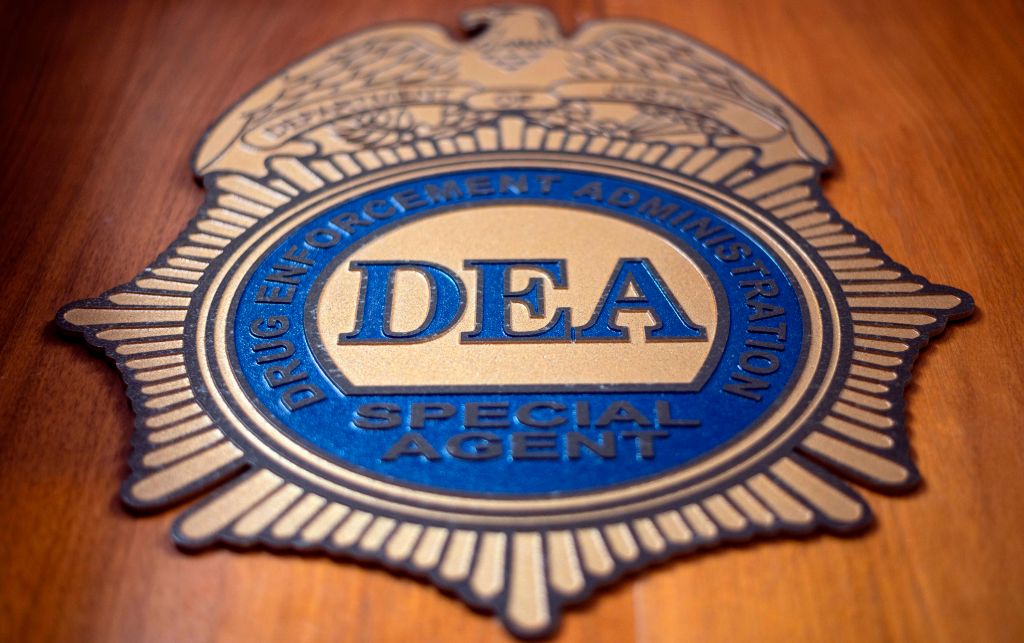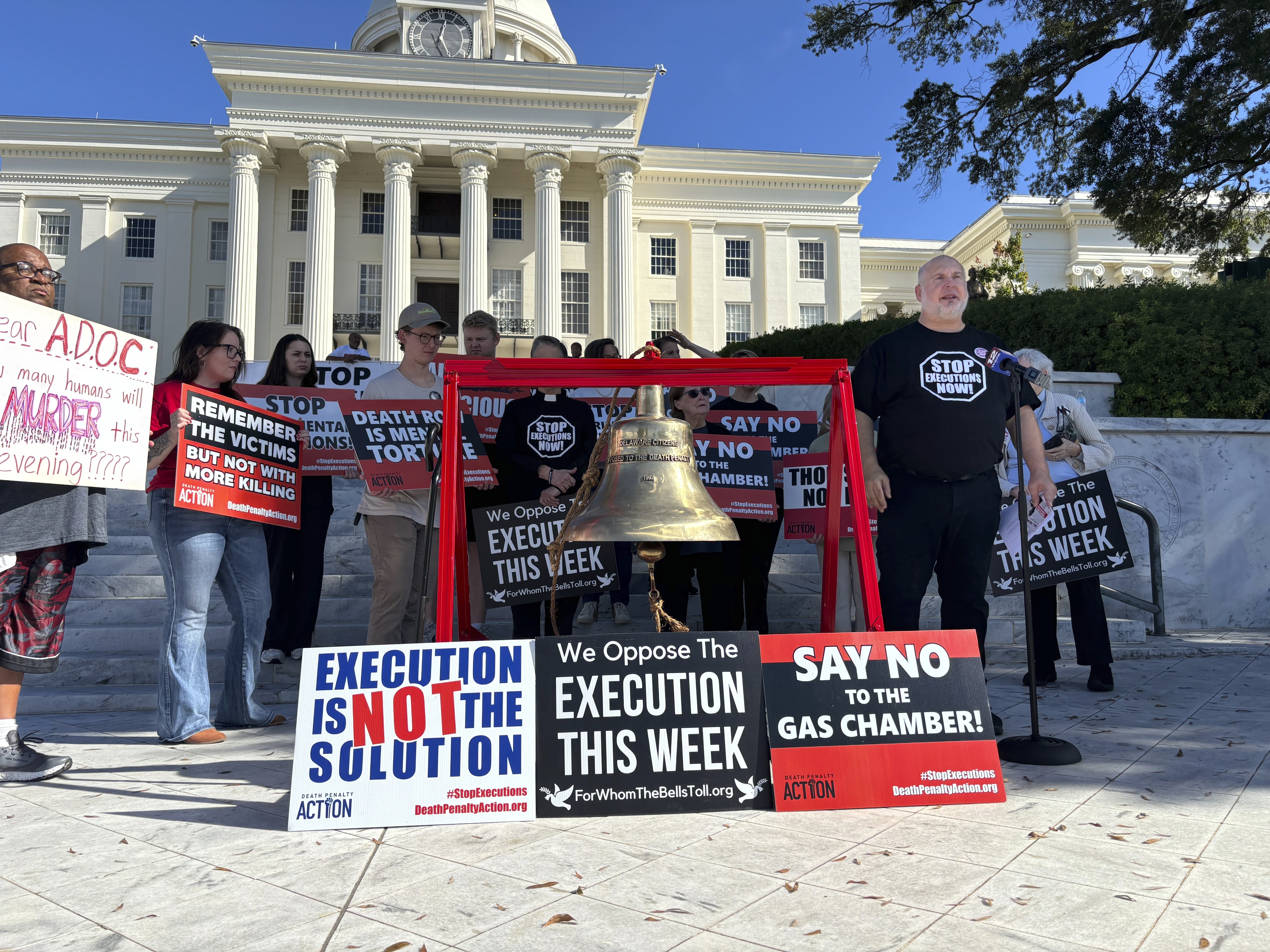What to Know
- The grand jury investigated dioceses in Allentown, Erie, Greensburg, Harrisburg, Pittsburgh and Scranton.
- The scathing grand jury report marks the most sweeping look into sexual abuse within the Catholic Church in the United States.
- More than 1,000 victims were interviewed, but grand jury suspects many more have yet to come forward.
With haunting images now tainting six of Pennsylvania's Catholic dioceses after an expansive grand jury report detailed decades of sexual abuse by clergy members, one question lingers: What now?
For most of the thousands of alleged victims mentioned in the report, the answer is nothing.
In nearly every case, prosecutors found that the statute of limitations had run out, meaning that criminal charges cannot be filed against many of so-called "predator priests" mentioned in the report.
Changing the amount of time victims have to come forward and file suit was paramount among the recommendations issued by the grand jury, which investigated allegations in Allentown, Harrisburg, Pittsburgh, Erie, Scranton and Greensburg dioceses.
In the 1,300-page report, the grand jury recommended eliminating the statute of limitations for sexually abused children, creating a window for older victims to sue for damages and imposing a legal obligation to report instances of abuse.
The grand jury also recommended clarifying that confidentiality agreements could not legally prevent victims from reporting abuse to law enforcement.
U.S. & World
Stories that affect your life across the U.S. and around the world.
Current Pennsylvania law gives child victims 12 years to sue starting when they turn 18 years old. But victims that come forward in their 30s or older only get two years.
Senate President Pro Tempore Joe Scarnati, a Republican who represents Jefferson County, introduced a bill that would give victims more time to report abuse. Senate Bill 261 would give child victims until the age of 50 to bring civil lawsuits against abusers. It would also eliminate the statute of limitations for future criminal child sex abuse cases, but it could not be applied retroactively.
Scarnati's bill passed unanimously in the state Senate and moved to the House in 2017, where it has since sat.
“Many of these crimes were committed numerous years ago and the church has since instituted desperately needed reforms, however the acts are no less reprehensible," Scarnati said.
U.S. bishops adopted reforms in 2002 when clergy abuse became a national crisis for the church, including stricter requirements for reporting accusations to law enforcement and a streamlined process for removing clerics.
But Rep. Mark Rozzi, a Democrat who represents Berks County, said the bishop's changes, and even Scarnati's bill, is not enough. He was raped by a priest at the age of 13 and has since dedicated much of his time in public office to combating this kind of malfeasance.
Rozzi's bill would add a two-year window for older victims to file lawsuits.
The grand jury reported that it heard from alleged victims now in their 50s, 60s and 70s — it said one was 83 when interviewed — who have carried their burdens for decades.
More than 100 of the priests are dead. Many others are retired or have been dismissed from the priesthood or put on leave.
Authorities charged just two as a result of the grand jury investigation, including a priest who has since pleaded guilty, though some of those named had been charged years ago.
"We wanted to charge as many of these predators as we could, but because of our weak laws in Pennsylvania, we could only charge two of the 301 predator priests that were identified," Pennsylvania Attorney General Josh Shapiro told NBC News. "And so it was critically important, as the grand jurors said, to ensure that the truth be told."
Pennsylvania Gov. Tom Wolf said that he supports Rozzi's bill and urges lawmakers to agree on legislative changes to protect victims.
"Over the next few weeks, there must be active conversations with lawmakers and advocates about how we can break the logjam that currently exists and make real progress for victims," Wolf spokesman J.J. Abbott said in a statement.
Shapiro said the investigation is ongoing and pushed state officials to “adopt and support” each of the recommendations made in the report.
“Stand up today and announce your support for these common-sense reforms,” he said Tuesday. “That’s the test that will determine whether things have really changed or if it will just be business as usual when the dust settles.”
The Pennsylvania Catholic Conference said it "does not oppose" efforts to repeal the statute of limitations for criminal cases, and as publicity about the release of the report built in recent weeks, it said it supported the new measure, NBC News reported.
James Faluszczak, a former priest who was abused by a priest as a child in the Diocese of Erie, told reporters that his trauma was “murder of a soul.”
“There is no statute of limitations on the crime of murder," he said.
NBC10 and Telemundo 62 were among the news organizations that joined a court case pressing for the report's release. Read it here (warning: explicit and disturbing content).



